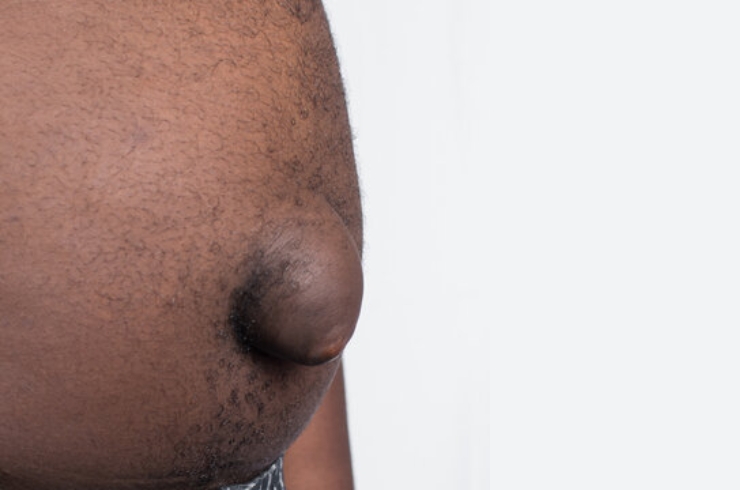
An incisional hernia is a type of hernia that occurs through a surgical incision or scar, often following abdominal surgery. The weakened tissue around the surgical site allows internal organs, typically part of the intestine or fat, to protrude through the scar. This can result in a visible bulge near the incision, accompanied by pain or discomfort, particularly when lifting, coughing, or engaging in strenuous activity. While incisional hernias can develop after any abdominal surgery, they are more common following major procedures such as appendectomy, cesarean section, or abdominal surgeries like gallbladder removal or bowel surgery.
Incisional hernias occur when the abdominal wall fails to heal properly after surgery, weakening the muscle and tissue layers. Factors such as obesity, infection at the incision site, or poor wound healing can increase the risk. Symptoms include swelling or a lump near the scar, tenderness, and pain, especially when the patient is active. In some cases, there may be no noticeable symptoms, but in others, the bulge may enlarge over time, causing more discomfort. Diagnosis typically involves a physical examination and may include imaging studies such as ultrasound or CT scan to determine the size and location of the hernia.
Treatment for an incisional hernia often involves surgical repair, especially if the hernia is causing pain or other complications. Depending on the size and severity, surgery can be performed using traditional open surgery or minimally invasive laparoscopic methods. Laparoscopic repair has the benefit of smaller incisions, reduced pain, and quicker recovery times. Recovery from hernia surgery usually involves rest and avoiding heavy lifting for a few weeks. With proper surgical treatment and post-operative care, incisional hernias can be effectively managed, reducing the risk of complications like bowel obstruction. At MIMAS World Hospitals, our skilled surgeons provide personalized treatment plans and use the latest techniques to ensure optimal recovery and results for incisional hernia patients.